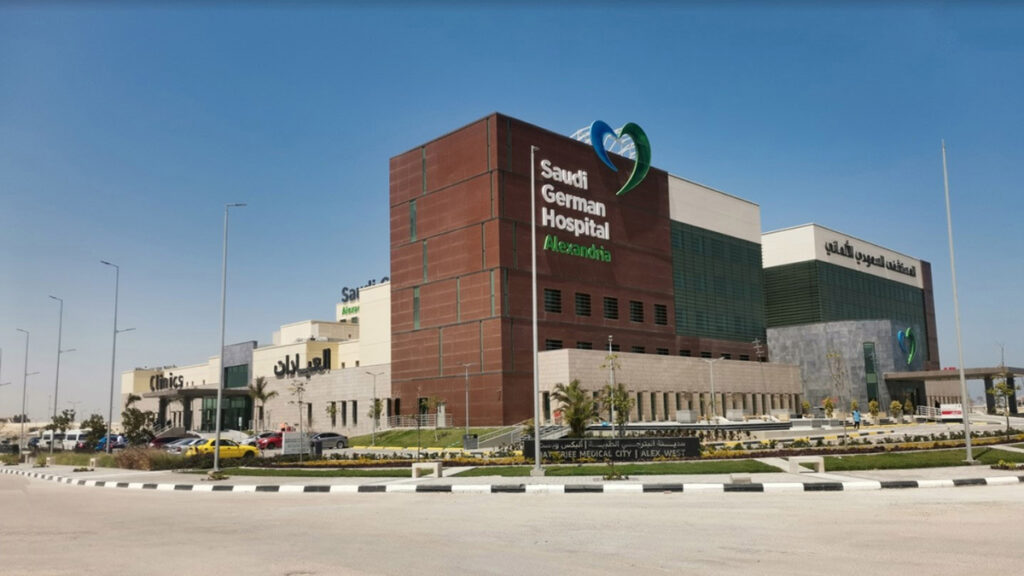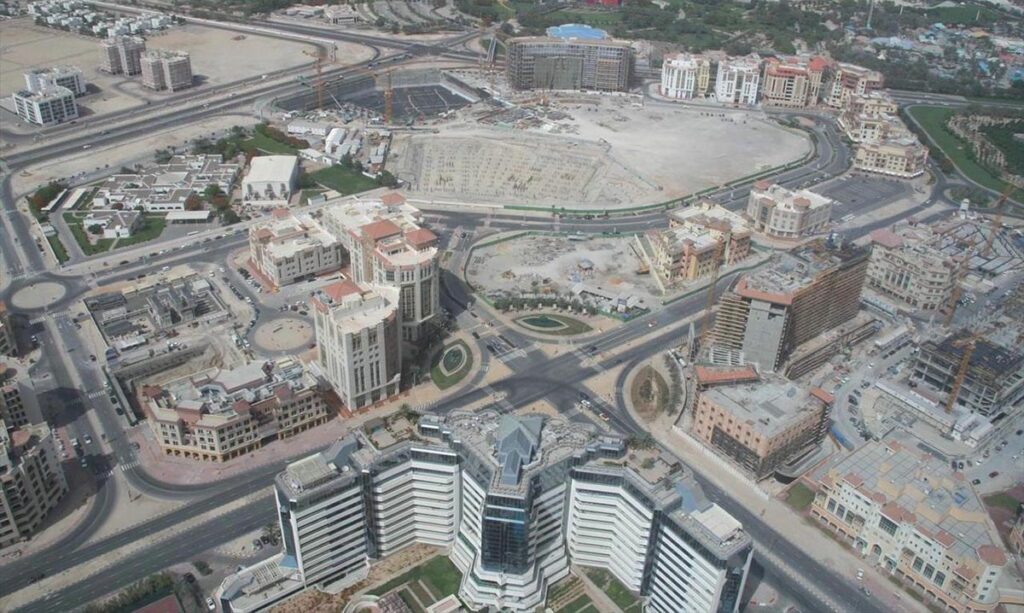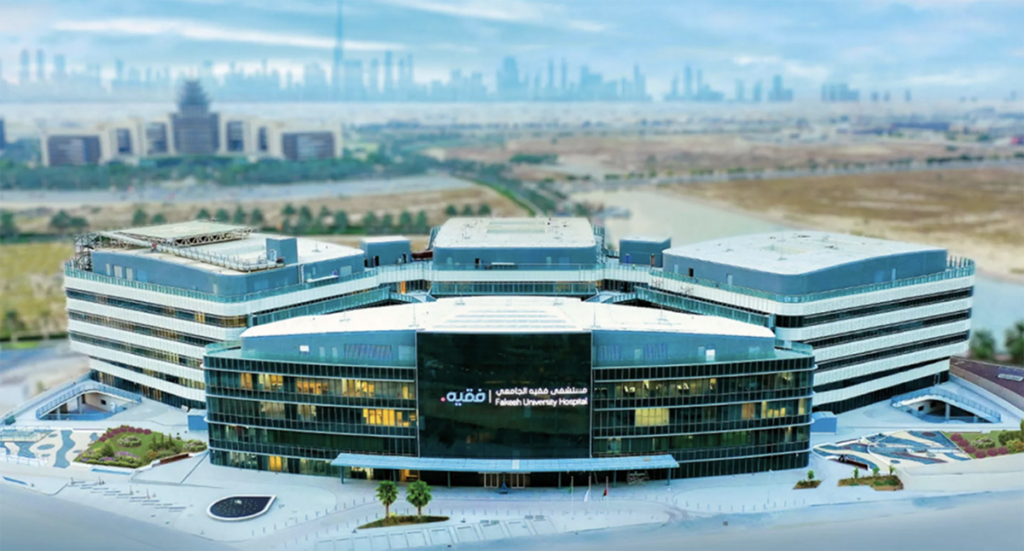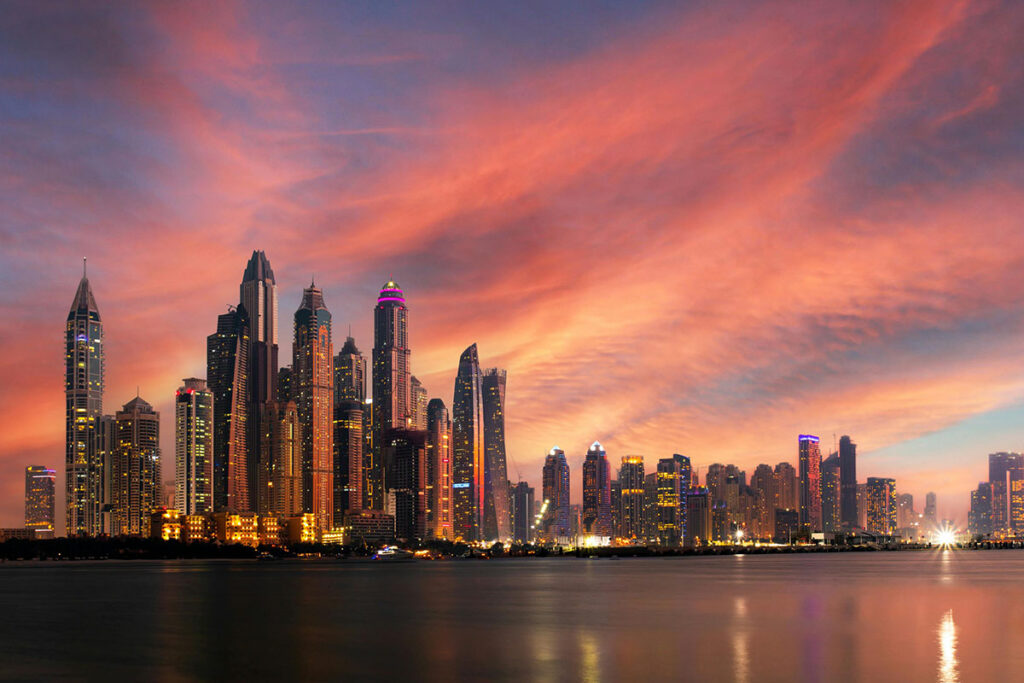

Navigating Dubai’s healthcare system can be challenging, especially for expatriates who need to understand insurance requirements and how to access care. You’re not alone in this — many newcomers face similar struggles.
As your trusted guide, we’ll help you understand the key aspects of healthcare in Dubai, ensuring you’re equipped with the information you need.
Here’s the plan:
- Understanding your healthcare options
- Navigating insurance requirements
- Accessing top-quality medical services
Keep reading to discover how you can easily get the care you need and ensure your health is well taken care of in Dubai.
1. UAE Healthcare System

The UAE healthcare systems combine public and private services. Public healthcare is available to UAE nationals at little or no cost. The Dubai Health Authority (DHA) manages hospitals like Dubai Hospital and Rashid Hospital. Many expatriates use private healthcare for faster service.
Private insurance is often needed for these services. Federal laws require universal healthcare, but it is not the same everywhere in the UAE. Healthcare facilities are internationally accredited to ensure high standards. Overall, the system is improving to meet the needs of both citizens and residents.
2. Is Healthcare Free in Dubai?

Dubai offers free healthcare to Emirati citizens. Mandatory health insurance is required for all residents to ensure access to healthcare services. Expatriates get health insurance through their employers, which covers basic medical services.
Dubai also has special areas like Dubai Healthcare City to improve healthcare quality. While not all residents get free healthcare, employer insurance and government services help make healthcare accessible.
3. Does Dubai Have Good Healthcare?

Dubai’s healthcare system is modern and improving. It has both public and private healthcare options. The high standard of medical treatment available has attracted many foreigners seeking medical services.
The government funds public services through the Ministry of Health and Prevention (MOHAP). The private sector is growing quickly, offering high-quality services with modern facilities. Residents must have health insurance, and expatriates need private coverage.
Quality can vary, but many hospitals have advanced equipment and skilled staff. Dubai is known for having some of the best healthcare in the UAE, attracting people from around the world.
See Also Is Dubai Property a Good Investment
4. Health Issues in Dubai

Dubai faces several health issues. Public healthcare services are essential in addressing these health issues, providing necessary care and support. Cardiovascular disease is a leading cause of death. Injuries also contribute to many deaths, showing a need for better safety.
Cancer rates are rising, leading to more awareness and screenings. Despite advanced healthcare facilities, some people find healthcare expensive. There is also a shortage of healthcare workers to meet the needs of a growing population.
Chronic diseases like diabetes are becoming more common, requiring ongoing care. Using new technologies in healthcare is both helpful and challenging. These issues show the complexity of healthcare in a fast-growing city, and addressing them is key to improving public health.
5. Dubai Medical Care for Expats and Tourists

Dubai has a strong healthcare system for expats and tourists. Dubai is also a major destination for medical tourism, attracting many foreigners seeking high-quality healthcare services. It has both public and private hospitals offering many services.
Expats can call 999 for emergency help, with ambulances staffed by trained professionals. Most hospitals in Dubai are private facilities and are known for high-quality care. Many accept international insurance, making it easier for visitors to get care.
Expats need health insurance, and many choose private plans for full coverage. Private clinics and hospitals offer easy access to general doctors and specialists, with shorter wait times than public healthcare. There are also private clinics for routine check-ups and vaccinations, making healthcare easy to access for everyone.
6. The Future of Dubai’s Medical System

Dubai’s healthcare system is changing for the better. Many residents rely on private health insurance to access these top-notch medical services. Digital health technologies like telemedicine and electronic records will improve care.
Artificial intelligence will help with diagnoses and treatment planning. There are also plans to make healthcare more eco-friendly by reducing waste. Dubai will work with top medical schools to improve healthcare standards and encourage innovation.
Efforts will be made to make healthcare easier for everyone to access, with more investment in infrastructure. The city will focus on training and keeping skilled healthcare workers. These changes will help create better healthcare for all.
See Also Dubai Property Legal Advice
Dubai Healthcare System: A Recap

The Dubai healthcare system is strong and well-organized, with both public and private services. In Dubai, having a health insurance plan is not just a luxury but a necessity, mandated by law to ensure all residents have access to essential medical care.
Employers must provide private health insurance for their expatriate employees, while Emirati citizens receive free healthcare. The city has modern hospitals and clinics that offer high-quality care, attracting people from around the world.
Despite some health challenges, Dubai is improving its medical services with new technologies and better infrastructure, making healthcare more accessible and effective for everyone.
FAQ
What is the quality of healthcare like in Dubai?
Dubai’s healthcare system is modern and improving. It has both public and private healthcare options. The high standard of medical treatment available has attracted many foreigners seeking medical services.
The government funds public services through the Ministry of Health and Prevention (MOHAP). The private sector is growing quickly, offering high-quality services with modern facilities.
Can tourists get medical treatment in Dubai?
Dubai has a strong healthcare system for expats and tourists. Dubai is also a major destination for medical tourism, attracting many foreigners seeking high-quality healthcare services. It has both public and private hospitals offering many services.


